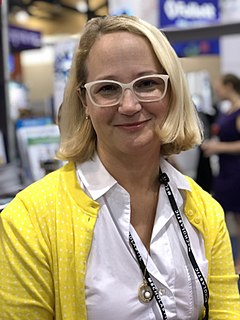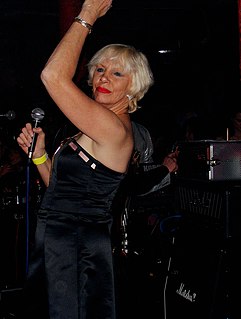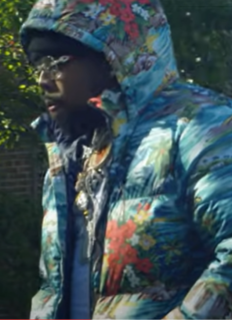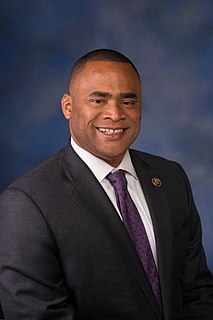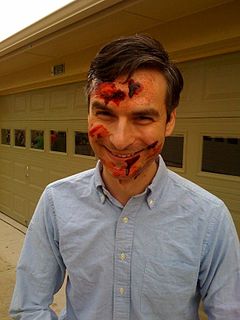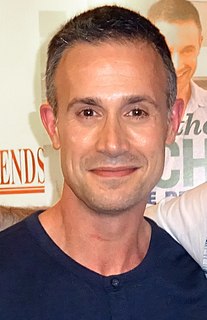A Quote by Trina Robbins
I entered high school she[ my mother] said, "Well, you're a teenager now, and comics are for kids, so you shouldn't read them anymore," and I went, "Oh, okay," and I gave away what, of course, would now be thousands of dollars worth of comics to the neighborhood kids.
Related Quotes
One of the funny things about the racism of the system, when I started 30 years ago, I'm in an area called Koreatown and most of the kids were Asian. And when the kids did well, people said, "Well, of course, they did well. They're Asians." But when we had this huge influx of Latino children from Central America, they said, "Oh, you're gonna have problems now."
My parents read the comics to me, and I fell in love with comic strips. I've collected them all of my life. I have a complete collection of all the "Buck Rogers" Sunday funnies and daily paper strips, I have all of "Prince Valiant" put away, all of "Tarzan," which appeared in the Sunday funnies in 1932 right on up through high school. So I've learned a lot from reading comics as a child.
If I lived where I live right now, and my kids were in middle school, they would be the only white kids in the school. That is not a burden I wanted to place on them. My preference would have been a school that was totally diverse - half and half, or close. I wouldn't have hesitated at all if they would have been in the racial minority. But to be the only white kids: I don't think that would have been fair to them.
My mother graduated from high school in 1969, and on January 3, 1971, she gave birth to me. She was married later that year, but by the time I was 10, she was a divorced single mother of two young boys. To make ends meet, we moved in with my grandparents, who were also housing two of my mother's siblings and their kids.
If they're trying to get high school kids to go to the D-League, I will be shouting from mountaintops saying, 'What is this going to do to a generation of kids who say, 'All right, I'm going to do this,' you get one or two years to make it, and now you're out without any opportunities. Who's taking care of those kids now?'

